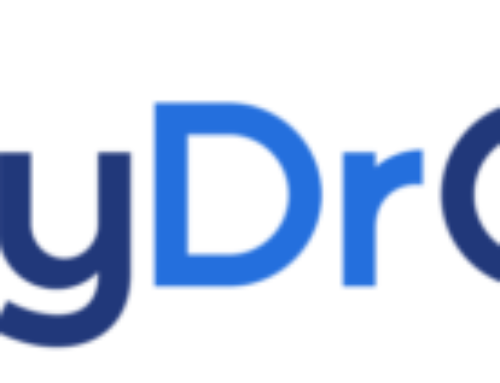Mobile technology has revolutionized the way people use the internet at home and on the move. Here are some ways the pharmaceutical industry plans to adapt:
What is Mobile Healthcare or mHealth?
Mobile healthcare (mHealth) solutions make existing healthcare systems more efficient by facilitating patient-doctor relationships. The term mobile healthcare is a vast umbrella that carries many new technologies within itself, such as:
1. Smart Pills
The way smart pills work is pretty simple. A patient ingests a pill, and that pill carries within it a microscopic receiver/recorder mechanism. The purpose of getting this device inside the patient is to allow it to record the patient’s state of health at all times and to relay that information to the hospital. Any changes in temperature, irregular heartbeat, organ failure and similar problems can be immediately detected and attended to.
2. Big Data
An important component of mHealth is the use of smartphone apps on a daily basis by patients. These apps cover a range of activities from reminding the client to take daily medication to keeping a check on the patient’s insulin levels along with other indications of health.
All this data is collected in real time and used to predict a patient’s level of health or sickness and provide better treatment.
3. Engagement and Education
There are many mHealth apps whose aim is to provide information to users regarding their or their loved ones’ health problems and allow for rapid communication between patients and their attending physicians.


